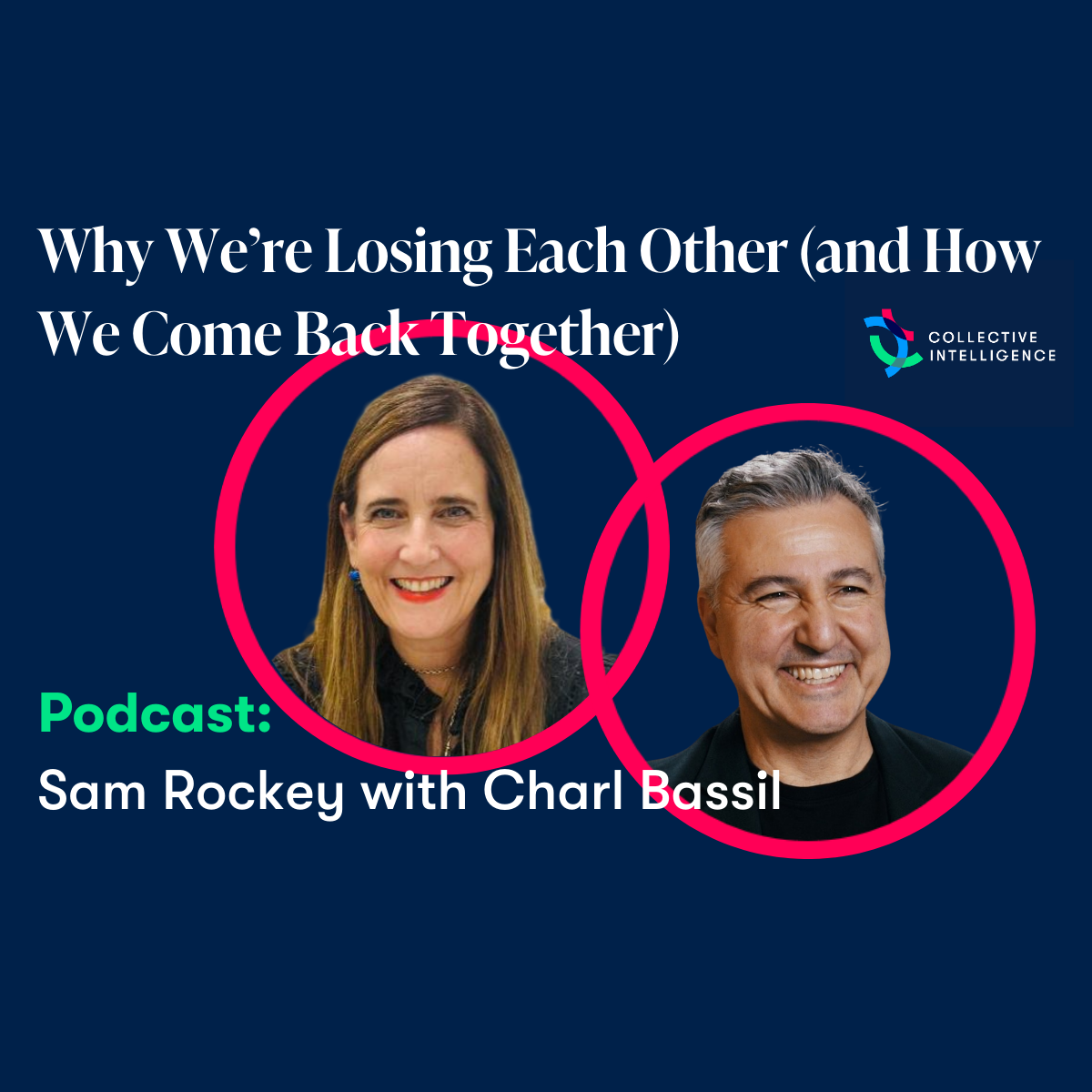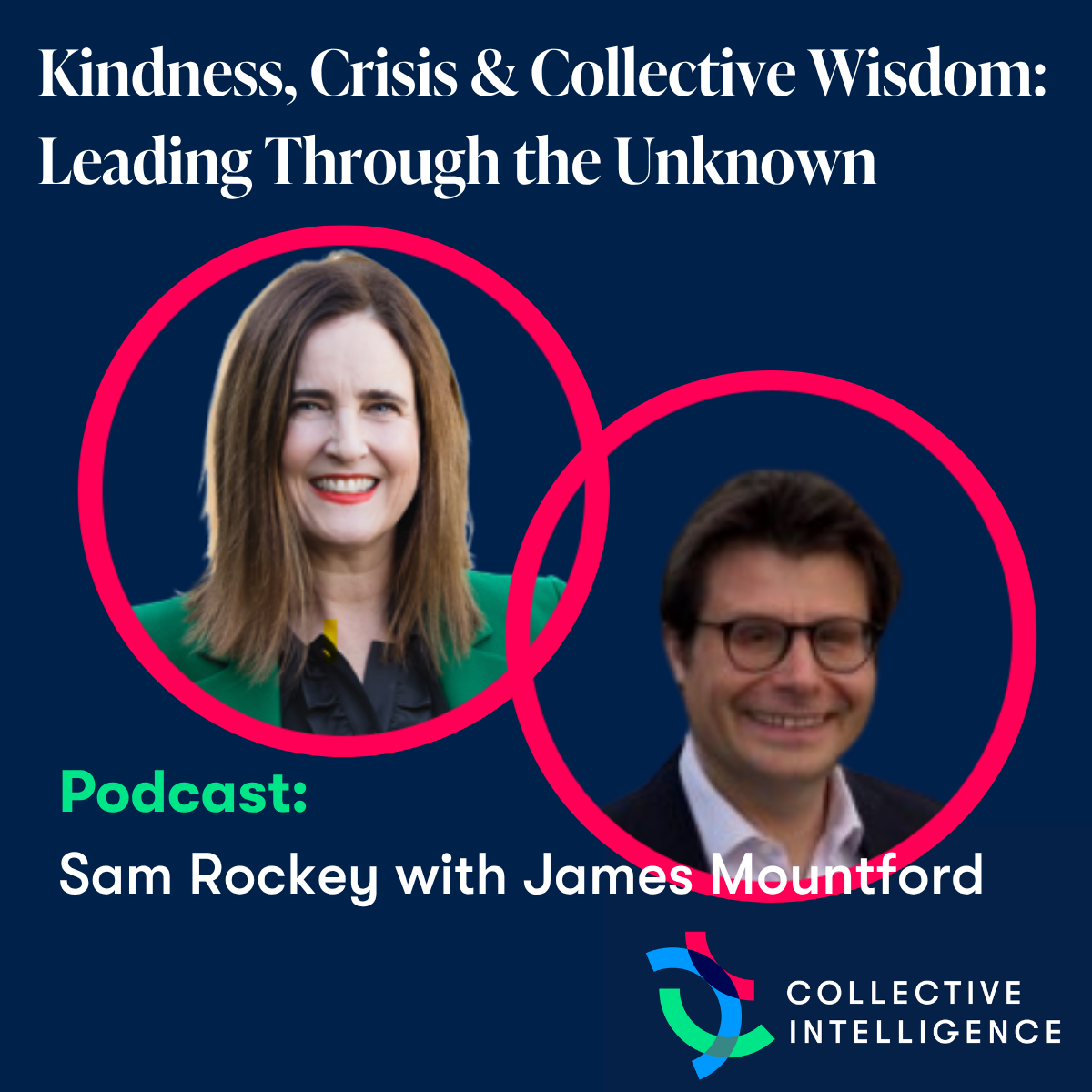I had a recent catch up with Chris Cox, magician and partner in delivering learning workshops alongside Thompson Harrison. Without betraying Magic Circle secrets, Chris shared how he approaches his shows. We loved the connection between what he does and how leaders can become more effective engagers and communicators. These were the connections that I explored with Chris Cox.

Ease: Chris’ success depends upon his psychological ability to stand in the shoes of those who are called up on stage to be partners in the magic. They could ruin everything or equally they could help him to bring the house down. He reflects on how he goes about putting them at their ease, even as he distracts them with the magic.
The lesson for leaders: really focus on understanding and listening to those you are working with. In Nancy Kline’s wonderful book ‘Time to Think’ she describes ease as ‘discarding internal urgency’. This ability to make others feel comfortable allows for fast tracking connection and building trust.
Attention: Chris pays close attention to every detail when he is choosing who to invite on stage. What are they wearing, what do they give away about themselves, how are they sitting, what do their faces say? The lesson for leaders: Pay close attention to what people say but to also to what they are not saying - we communicate more with the tone and our body language than we do with our words. Tiny gestures and small movements take practice to notice but provide new layers of critically important data
Risk: Things go wrong, even when there’s magic involved. Chris is meticulous in the way he mitigates risk from the thought experiments and trick-premortems he conducts prior to every performance, through to the series of coded back up plans he develops with stage crew when things aren’t going to plan. He has even developed a way to deal with cynics…
The lesson for leaders: investment in the time up front to bring in the cynical voices; the critical voices and the naysayers may be the ticket to more robust decisions
Stories: “Each trick is a little story” he says. Although one of his early shows at the Edinburgh festival was called ‘Mind Over Patter’ nevertheless he spends a lot of time thinking about the patter and developing new stories to tell.
These hook the audience into a world of escapism, getting even sceptics to believe in the illusion and relax into the performance. The lesson for leaders: stories work better than data and slides. A good narrative unfolds for the audience allowing for shared experience and deeper involvement with the topic.
Confidence: How to differentiate what you do from others, how to get people onside? Some magicians go for red velvet capes or impressive technology but Chris is interesting about why and how he got the confidence to design his geeky, underdog stage persona – and why it works so well.
The lesson for leaders: there is no ‘right' leadership persona. In our experience a combination of building on ones strengths combined with self awareness and insight brings out the individual magic.
Multitalented magician Chris Cox has the distinction of having played at the Sydney Opera House, having been the magic and illusions assistant for Harry Potter and the Cursed Child and the BBC TV series Merlin, as well as appearing to rave reviews on stage in The Illusionists, Wonderville, Impossible and Fatal Distraction. He uniquely communicates joy in what he does, has a forensic ability to unpack his methodology and an infectious, magical way of passing on the lessons he’s learned.





















.png)



.png)











.jpg)


































.png)
































